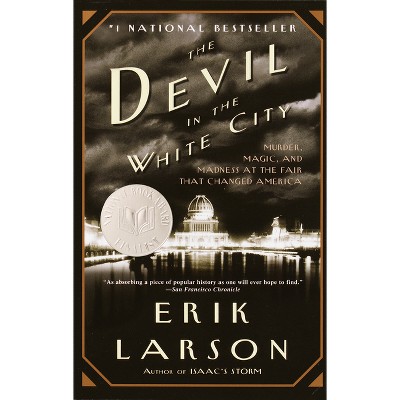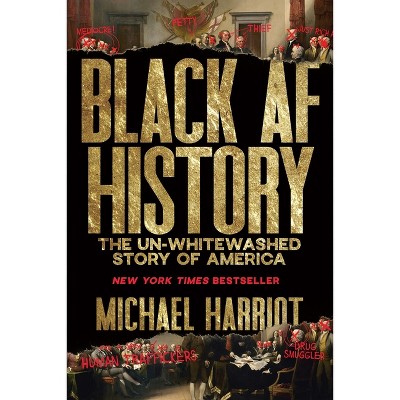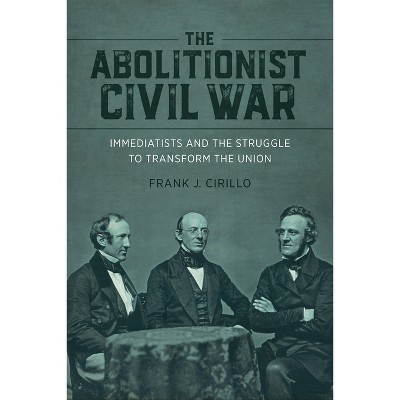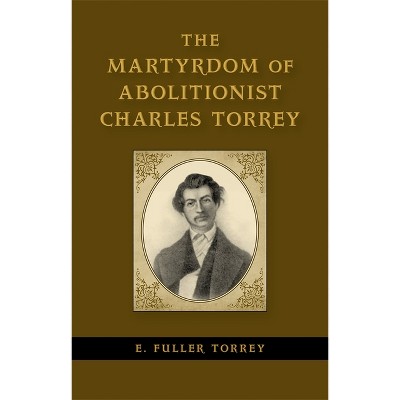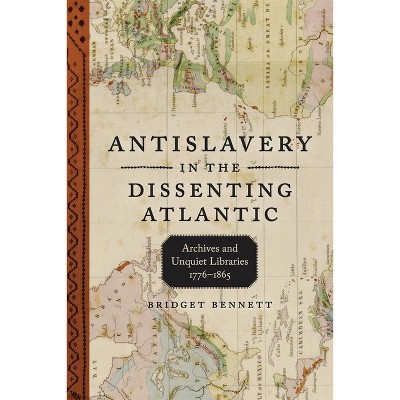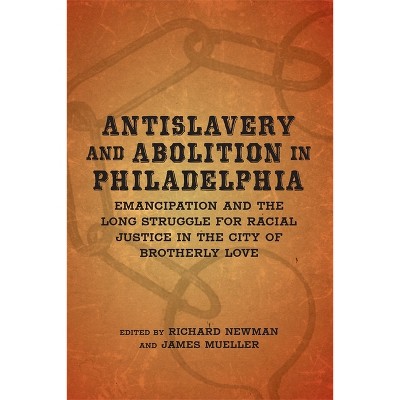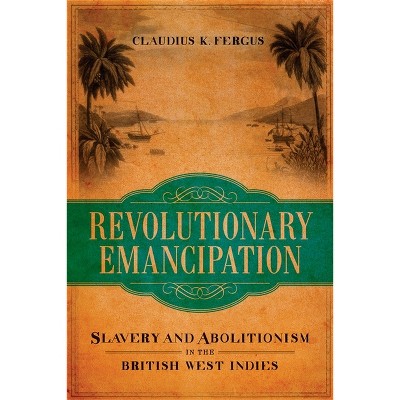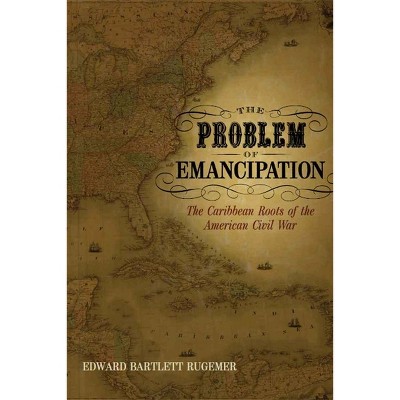Caribbean Slave Revolts and the British Abolitionist Movement - (Antislavery, Abolition, and the Atlantic World) by Gelien Matthews (Paperback)

About this item
Highlights
- In this illuminating study, Gelien Matthews demonstrates how slave rebellions in the British West Indies influenced the tactics of abolitionists in England and how the rhetoric and actions of the abolitionists emboldened slaves.
- About the Author: Gelien Matthews teaches history at Caribbean Nazarene College in the Republic of Trinidad and Tobago
- 212 Pages
- History, Caribbean & West Indies
- Series Name: Antislavery, Abolition, and the Atlantic World
Description
About the Book
In this illuminating study, Gelien Matthews demonstrates how slave rebellions in the British West Indies influenced the tactics of abolitionists in England and how the rhetoric and actions of the abolitionists emboldened slaves. Moving between the world of the British Parliament and the realm of Caribbean plantations, Matthews reveals a transatlantic dialectic of antislavery agitation and slave insurrection that eventually influenced the dismantling of slavery in British-held territories.Book Synopsis
In this illuminating study, Gelien Matthews demonstrates how slave rebellions in the British West Indies influenced the tactics of abolitionists in England and how the rhetoric and actions of the abolitionists emboldened slaves. Moving between the world of the British Parliament and the realm of Caribbean plantations, Matthews reveals a transatlantic dialectic of antislavery agitation and slave insurrection that eventually influenced the dismantling of slavery in British-held territories.
Focusing on slave revolts that took place in Barbados in 1816, in Demerara in 1823, and in Jamaica in 1831--32, Matthews identifies four key aspects in British abolitionist propaganda regarding Caribbean slavery: the denial that antislavery activism prompted slave revolts, the attempt to understand and recount slave uprisings from the slaves' perspectives, the portrayal of slave rebels as victims of armed suppressors and as agents of the antislavery movement, and the presentation of revolts as a rationale against the continuance of slavery. She makes shrewd use of previously overlooked publications of British abolitionists to prove that their language changed over time in response to slave uprisings.
Historians previously have examined the economic, religious, and political bases for slavery's abolishment in the Caribbean, but Matthews here emphasizes the agency of slaves in the march toward freedom. Her compelling work is a valuable analytical tool in the interpretation of abolition in North America, uncovering the important connections between rebellious slaves on one side of the Atlantic and abolitionists on the other side.
From the Back Cover
"What sets Matthews's work apart from past and contemporary works concerning the British abolitionist movement is her assertion that nineteenth-century slave revolts constituted a primary agent of change through the semi-symbiotic relationship they shared with the metropolitan front in Parliament." -- Florida Historical Quarterly
"An innovative, fresh, and succinct study that begs the reader to reconsider past scholarly interpretations of the British movement to abolish slavery in the early nineteenth century." -- H-Atlantic
In this illuminating study, Gelien Matthews demonstrates how slave rebellions in the British West Indies influenced the tactics of abolitionists in England, and how the rhetoric and actions of the abolitionists emboldened slaves. Moving between the world of the British Parliament and the realm of Caribbean plantations, Matthews reveals a transatlantic dialectic of antislavery agitation and slave insurrection that eventually influenced the dismantling of slavery in British-held territories. She makes shrewd use of previously overlooked publications of British abolitionists to prove that their language changed over time in response to slave uprisings. This compelling work provides a valuable analytical tool in the interpretation of abolition in North America, uncovering the important connections between rebellious slaves on one side of the Atlantic and abolitionists on the other side.
Gelien Matthews teaches history at the University of the West Indies St. Augustine Campus in the Republic of Trinidad and Tobago.
About the Author
Gelien Matthews teaches history at Caribbean Nazarene College in the Republic of Trinidad and Tobago
Shipping details
Return details
Trending History



